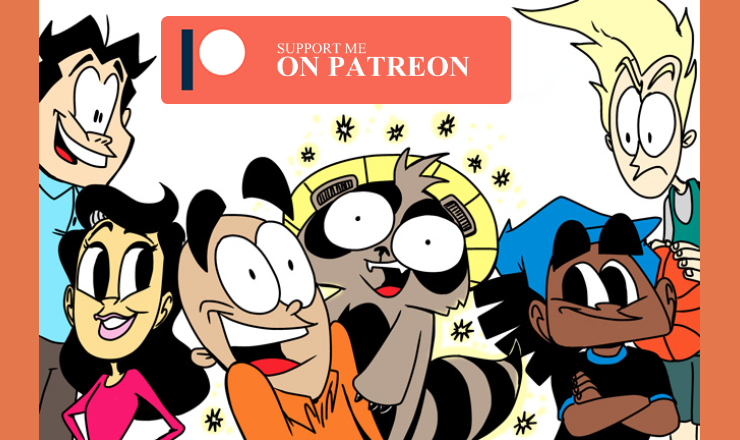The “New Normal” Mindset: 3 Hard Truths About Post Pandemic Life
/Photo by Luca Bravo on Unsplash
I just got my first dose of the vaccine, the Moderna one, the other day and immediately felt relieved. “I’m safe.” I thought.
A few minutes later, I was back to fearing for my life.
Thankfully, I had no serious side effects, but a small amount of pain in my arm and feeling tired and low energy the next day. It’s all good now, though.
As a teacher, I should feel better, more positive at this point, right? I’m one of the ones getting vaccinated. There’s nothing else to worry about. I wish that were true.
I’m filled with concerns about going back into the classroom and getting exposed to COVID-19.
I’m lucky to have the opportunity to receive the vaccine. However, the risks and reasons for getting jabbed are still frightening. My work will require me to come back on campus in the next few weeks with other teachers and students who could be spreading the virus.
The reality of it all is frightening, but it’s something I realized we all need to be aware of and build up our mental and emotional strength to face. Living in our modern world means taking more risks with our lives than before.
The hard truths below may be uncomfortable to hear. They were for a person who’s mainly positive like me. After living in countries like Germany and Japan, I can take more of an “American looking from the outside in” approach to getting back to normal life. I want to help put your mind in a solid place where you’re looking at reality and facing it head-on.
Variants of the virus can kill us
Realizing this fact is like the “New Normal Mindset,” in my opinion. Accepting that you can’t hide from the virus. Even when deaths slow down, the virus itself will most likely continue to spread. You will need to go out in the world and face it. We will all live with the risk of getting sick, even when life looks normal again.
If variants of the virus keep popping up and most likely continue spreading in the states, even if you’re vaccinated, who knows how effective that will be on keeping you healthy if you get infected.
What bothers me the most is that as a teacher, I have to go back to work at some point soon, teaching remotely isn’t effective for most students, so if I want to support my family and eat, I have no choice but to take a risk on my life and health.
Going back will be after taking both vaccines in my case. Still, I’ve accepted the possibilities of getting seriously sick — and I ain’t no spring chicken. I’m 45 years old, so I’ve lived some life, and if you’re in my age group, you also need to be more concerned than someone in their 20's.
Americans need to get comfortable with wearing masks
I love America, but the freedom argument in this country has gone way too far. It’s only putting a mask over your face, not gagging your free speech. I know we don’t like someone telling us what to do, but let’s clarify that caring for others means putting the group’s needs first before the individual. The idea of risking your “freedom” by wearing a mask seems insane to me, but it’s what we need to do.
Wearing masks is something we’re all going to have to get used to over the next couple of years if we want to survive. Let’s hope new mask technology will be released to make this choice easier for those who can’t wear one for health reasons or refuse to wear one as their personal choice. Masks that are clear glass but do not fog up when you speak, for example, or some kind of clear mesh that fits comfortably, but you can see a person’s mouth move.
Like Japan, citizens of countries in Asia are comfortable wearing masks when they’re sick and need to ride on the train together or while working in the office. It’s seen as a sign of respect for others around you. When I was there, I appreciated that someone was making sure not to spread their germs to others.
You would think that over half a million deaths in America would wake people up to what’s important. Saving lives, not complaining about putting on a mask, something that benefits us all in the long run.
You are not the exception
One of the main reasons the virus spread so fast in the U.S. is that people didn’t believe they would get infected. Why? Because of exceptionalism. We think we’re special, untouchable even.
exceptionalism ĭk-sĕp′shə-nə-lĭz″əm
n. The condition of being exceptional or unique.
n. The theory or belief that something, especially a nation, does not conform to a pattern or norm.
n. The state of being special, exceptional, or unique
Let’s stop exceptionalism thinking and start paying attention to reality. America is a phenomenal country, but it can get hit hard by a virus, terrorism, and, yes, even racist attacks on its own citizens. We are not above it all or so “woke” to not have dark and terrible events occur in our own backyards.
Feeling like a unique and special person is good for self-confidence, and we should make sure that also comes with a healthy dose of humility.
Adopt the new normal mindset and grow stronger
When you look at the world as it is and understand that there are some things you can’t change but must accept to stay alive and thrive, you’re in good shape. This crazy and scary reality may be one we have to navigate, but it’s how you think about it that will make the difference. I also dream of the days we can all meet again without social distancing and can hug our loved ones.
Even when that day comes, we will still be taking risks with catching the virus. Each new day is a chance to also practice a new normal mindset — it’s time we live with the truth and keep moving forward.





